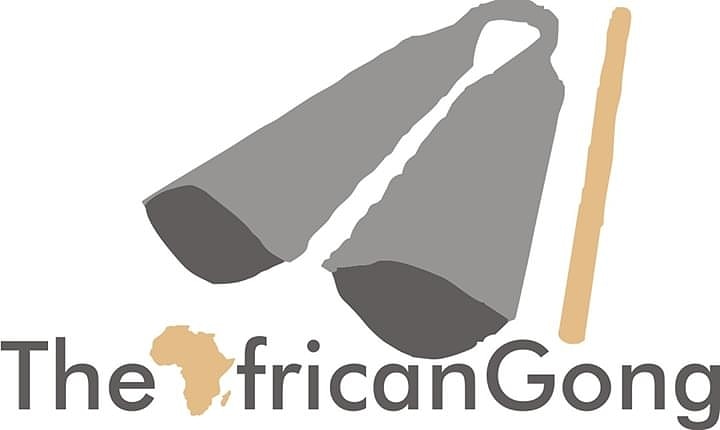
, Edited by Frank Meke
**The World Economic Summit, kicks off in Davos, a icy town in Switzerland alps. A ski resort which has become the economic intervention and solution hot spot over the years, Switzerland has other ski areas such as Pischa, Rinerhorn, Jakobshorn and Parsem.There is glacier Express, wonderlust ride which connects Davos to Matterhorn. From next week, creative Nigeria business desk, shall bring you exclusive tit bits on happenings at the gathering of global economic egg heads at Davos.
** United States tops the list of top economic market presenters at Davos with about 218, resource team. South Africa comes top on the African team with ten egg heads, and Nigeria, Africa’s biggest economy, with No Show appearance.
***Inflation has dropped in the United States, December last year, same in Nigeria for the first time in eleven months. Though energy issues rides like a wounded lion @ 3% in the United States, in Nigeria, the Inflation drop down did not impact positively on prices of food items and consumer products. The International Monetary FUND ( IMF), is breathing out hard on global economic outlook, saying, in 2023, the rundown is going to be gritty and hard.

** About 17 new vital metals impactful on technologies such as computing, renewable energy and batteries have been discovered in a mining site in Sweden. It’s so far,Europe’s largest deposit of rare earth resources. Before its findings, European Union imports 98% of its rear earths from China, with a record forecast ramp up @ 400% by 2030 .
** India which over took Japan as the world’s biggest producer of electric vehicles, has unveiled new electric models by its auto giants, TATA motors and Maruti suzuki. Apart from the gain up on electric cars, India bargains for a lead on global Batteries manufacturing market.
Africa’s second biggest economy and once world’s best emerging economy, South Africa is struggling on all economic frontiers, with energy crisis never witnessed in its history, fueling power cuts to families, lasting up eight hours. . Also 50% of its 60 million population now live on welfare hands out, with a GDP per capita nosediving below 2010 baseline.

